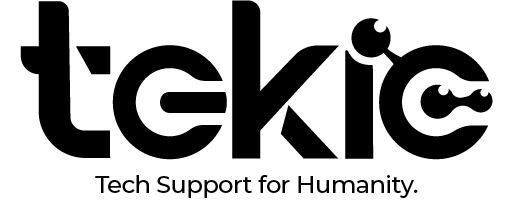In the fast-paced world of real estate, staying organized and maintaining strong relationships with clients is key to success. This is where Customer Relationship Management (CRM) software comes in. A well-implemented CRM can help real estate agents streamline their operations, manage leads efficiently, and ultimately close more deals.
In the fast-moving world of real estate, success depends on building relationships, staying organized, and closing deals efficiently. With multiple clients, listings, and appointments to juggle, it’s easy for real estate agents to get overwhelmed. This is where Customer Relationship Management (CRM) software comes in.
A good CRM helps real estate agents track leads, manage client interactions, and streamline transactions, allowing them to focus on what truly matters—helping people buy and sell properties. Let’s break down how a CRM can make an agent’s life easier and more productive.
1. Better Lead Management: Never Lose a Potential Sale
Imagine you meet a potential buyer at a property viewing or receive an inquiry through social media. Without a proper system, their details might end up lost in messages, scattered in a notebook, or buried in your phone contacts.
With a CRM, you can store all lead information in one place, categorized by budget, location preferences, and level of interest. The system even allows you to track where each lead came from—be it social media, a referral, or an online listing—so you can focus on what’s working best for your business.
By keeping a detailed history of all interactions, you can personalize your follow-ups, increasing trust and improving your chances of closing a deal.
2. Automated Follow-Ups & Reminders: Stay on Top of Clients’ Minds
Following up is crucial in real estate, but keeping track of every conversation can be exhausting. A CRM automates follow-ups, ensuring that potential buyers and sellers never feel neglected.
For example:
- A CRM can send a scheduled email to a buyer who attended an open house, asking if they need more information or want to schedule another visit.
- If a seller is waiting for an update on their listing, the system can remind you to check in, keeping your service professional and timely.
Automated reminders also help you manage appointments, preventing double bookings or forgotten meetings. This means you can focus on closing deals instead of keeping track of your calendar manually.
3. Centralized Property Listings: Access All Details Instantly
Juggling multiple listings can be challenging, especially when different clients ask about different properties. A CRM allows you to store and organize all your listings in one place, complete with property details, images, and availability status.
So, the next time a buyer asks, “Do you have any units available in Mont Kiara under RM800,000?” you can find the answer in seconds instead of flipping through documents or calling colleagues.
Additionally, you can share property details with clients instantly, saving you the trouble of repeatedly typing out descriptions or hunting for pictures in your gallery.
4. Improved Client Relationship Management: Make Every Client Feel Important
Real estate isn’t just about transactions—it’s about relationships. A CRM keeps track of every client’s needs, communication history, and preferences, allowing you to provide a more personal and thoughtful service.
For instance, if a past client mentioned they plan to upgrade in two years, you can set a reminder to follow up at the right time. This makes your approach more strategic and increases your chances of repeat business or referrals.
5. Insights & Reporting: Know What Works & Improve Your Strategy
A CRM isn’t just a digital notebook—it’s a powerful analytics tool that helps you understand your business better. It tracks:
- Which marketing channels bring in the most leads (social media, ads, referrals, etc.).
- How many deals you close each month.
- Your response time to inquiries.
With this data, you can identify areas for improvement and make informed decisions about where to invest your time and marketing budget.
How TEKIE MY Can Help You Sell More
At TEKIE MY, we understand that real estate agents thrive when they have the right tools to manage their business efficiently. We provide IT solutions, CRM implementation, and automation services tailored to help you generate leads, follow up effortlessly, and close deals faster.
If you’re ready to leverage technology to grow your real estate business, reach out to us today. Let’s make selling properties smoother, smarter, and more profitable for you!






